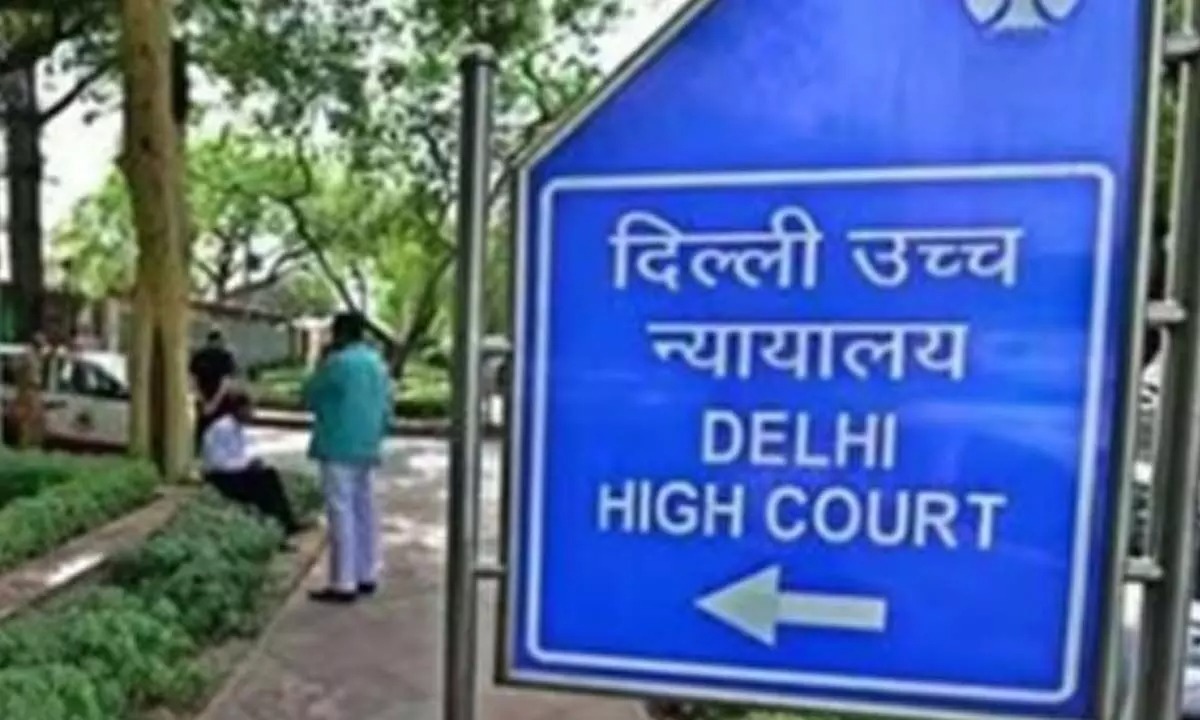John Wallis, J.@mdashThe question whether Kallander Ammal, the plaintiff in this suit, was divorced in the year 1918 by her husband Shaik Moideen, now deceased, and so lost her rights of inheritance in his estate, is dealt with in the appeal which came before this Board in the principal suit brought by her against the present first and second defendants, who claim to have succeeded to the estate of the deceased as his widow and son. In the present suit the plaintiff seeks to recover from them certain lands in Burma of the estimated value of Rs. 6,000, conveyed to her by her late husband by a registered deed of gift dated July 20, 1914, which provided that out of the income remaining after the payment of the Government revenue she was to expend Rs. 450 every year for the charitable purposes mentioned in the schedule and to enjoy the balance; and that after her death her heirs were to continue the annual payment of Rs. 450 and to divide the balance according to the Mahomedan law. The defendants pleaded that the gift was invalid according to Mahomedan law as the donor had never put the donee in possession, but had remained in possession until his death, and also that the gift had been revoked by the donor by a registered deed dated August 20, 1919. The District Judge held that the gift was not complete without possession, even if it should be regarded as a wakf, and that on the evidence possession had not been proved and dismissed the suit. The plaintiff appealed to the High Court, and Young J., who delivered the principal judgment, began by considering the question whether the deed was a wakfnama, constituting a wakf within the meaning of the Wakf Act of 1913, or a mere deed of gift coupled with a trust. In the view their Lordships take of this case this question is immaterial, and they will merely observe that that is a definition for the purposes of the Act and not necessarily exhaustive, and that the question, when it arises, cannot be considered exclusively with reference to it.
2. The learned Judge next dealt with the question of possession, and observed that all the older High Courts were agreed before the passing of the Transfer of Property Act, 1882, that the rule of Mahomedan law requiring gifts to be perfected by possession was applicable in India, and that this rule was preserved by Section 129 of the Act, which provided that nothing in the chapter relating to gifts should affect any rule of Mahomedan law. Notwithstanding this, the learned Judge proceeded to hold that in 1914, at the date of the deed, in this part of Burma transfer of possession was not necessary, because the Local Government, in the exercise of the powers conferred upon them by Section 1 of the Transfer of Property Act as amended to extend "the whole or any part of the Act," had only extended Section 123 in this part of the Act and had not extended Section 129. In their Lordships'' opinion this view is based on a serious misconception. The power to extend any part of the Act to Burma did not authorize the Local Government to extend particular sections of the Act, so as to give those sections a different operation from that which they had in the Act itself read as a whole, and to abrogate in the area to which the extension applied a rule of Mahomedan law till then in force there as to which the Legislature had expressly provided that it was to remain unaffected by the Act. Nor is there any reason to suppose that the Local Government purported to do anything of the kind. The notification, which has been read to their Lordships, was intended to render registration and attestation compulsory in the case of transfers of Immovable property by sale, mortgage, lease or gift as provided in the Act and effected this by applying the different sections of the Act making registration and attestation compulsory in the case of these different kinds of transfers. The section relating to gifts was Section 123, which provides that: "For the purpose of making a gift of Immovable property, the transfer must be effected by a registered instrument signed by or on behalf of the donor, and attested by at least two witnesses," and there is no reason to suppose that the Local Government intended to do more in the case of gifts by Mahomedans than to make such registration and attestation compulsory.
3. Having thus, erroneously, in their Lordships'' opinion, held that transfer of possession was unnecessary, the learned Judge proceeded to consider a question which was not directly raised on the pleadings, whether the gift was bad for want of acceptance by the donee, and held that it was not, a finding which has not been questioned before their Lordships.
4. Arguments have been addressed to their Lordships on the questions dealt with in the judgment of the trial Judge, whether this deed created a wakf, and, if so, whether according to the Hanafi school, wakfs form an exception to the ordinary rule of Mahomedan law, which requires gifts to be perfected by possession and undoubtedly applies to wakfs among Shias. Their Lordships do not-consider it necessary to consider these questions, because they are of opinion, differing from the trial Judge, that possession is sufficiently proved to have been given, and that is sufficient to dispose of the case. If the wakf was perfected by transfer of possession, it has not been contended that the donor had any hower to revoke it as he purported to do.
5. Their Lordships will now proceed to give their reasons for holding possession sufficiently proved. The plaintiff and her husband Shaik Moideen were Lubbais, that is to say, they belonged to a section of the Mahomedan community in the Madras Presidency who retain the vernacular and many of the customs of their Hindu ancestors, and are extensively engaged in trade, both in India and abroad. Shaik Moideen, after his marriage to the plaintiff forty or fifty years ago, lived with her for some time at Nagore in the Tanjore District, and then went across the sea to Burma and began to carry on business there as a money lender, leaving his wife behind at the home in Nagore. He was very successful, and became possessed of considerable property, moveable and immovable; and while his relations with the plaintiff remained friendly, his visits to her at Nagore took place at longer intervals, and of late years had almost entirely ceased. He married a second wife in Burma, who predeceased him, and for many years before his death he had living with him in his house at Tawa Ma Mi and Mohamed Eusoof, the first and second defendants in this suit, who claim, to be his wife and son, and as such, on his death, took possession of the property left by him in Burma.
6. In 1914, when he was getting on in years, he was minded to found certain charities in Nagore, and appears to have decided that the best way to do so was to convey some of the lands he had acquired in Burma to his wife in Nagore and her heirs on trust to expend Rs. 450 in each year out of the annual income in Nagore on the charities mentioned in the schedule.
7. There is no reason for supposing that he was not desirous of founding the charity there and then, and it was only natural that he should have been anxious to perfect the gift by delivering possession so as to put it out of the power of those who came after him to question it. Accordingly, we find that mutation of names was duly effected in the public records and the plainti entered as proprietress. The District Judge, however, has observed that the plaintiff has not proved that the mutation was effected at the instance of the donor, Shaik Moideen. It appears to their Lordships that it was not to be expected that the plaintiff, who was far away at the time in Madras, should have been able to obtain direct evidence of this so many years after, and that it was not necessary for her to do so. The reasonable presumption is that such a mutation of names would not have been made except on the application of one of the parties to the deed, in this case the donor, who was on the, spot. As for the District Judge''s alternative suggestion that the mutation may have been made by the Land Records Department from a copy sent to them of the registered deed of gift without notice to the deceased, nothing has been urged before their Lordships in its favour, and it appears to be negatived by the fact that the plaintiff''s address is not taken from the deed of gift, which gives her Nagore address, but is entered as "Railway Station, Tawa," her husband''s address ; and also by the fact that in the case of one parcel of land there is an additional entry stating that. Shaik Moideen himself was in possession as the plaintiff''s agent. It must, therefore, be taken that mutation was effected by Moideen himself, and in the case of a gift of Immovable property by a Mahomedan husband to his wife, once mutation of names has been proved, the natural presumption arising from the relation of husband and wife existing between them is that the husband''s subsequent acts with reference to the property were done on his wife''s behalf and not on his own, as held in Amina Bibi v. Khatija Bibi (1864) 1 B.H.C. 157 and in Emnabai v. Hajirabai ILR (1888) 13 Bom. 352
8. Their Lordships are therefore of opinion, though for different reasons, that the High Court was right in giving the plaintiff a decree, and that the appeal should be dismissed with costs, and they will humbly advise His Majesty accordingly.

